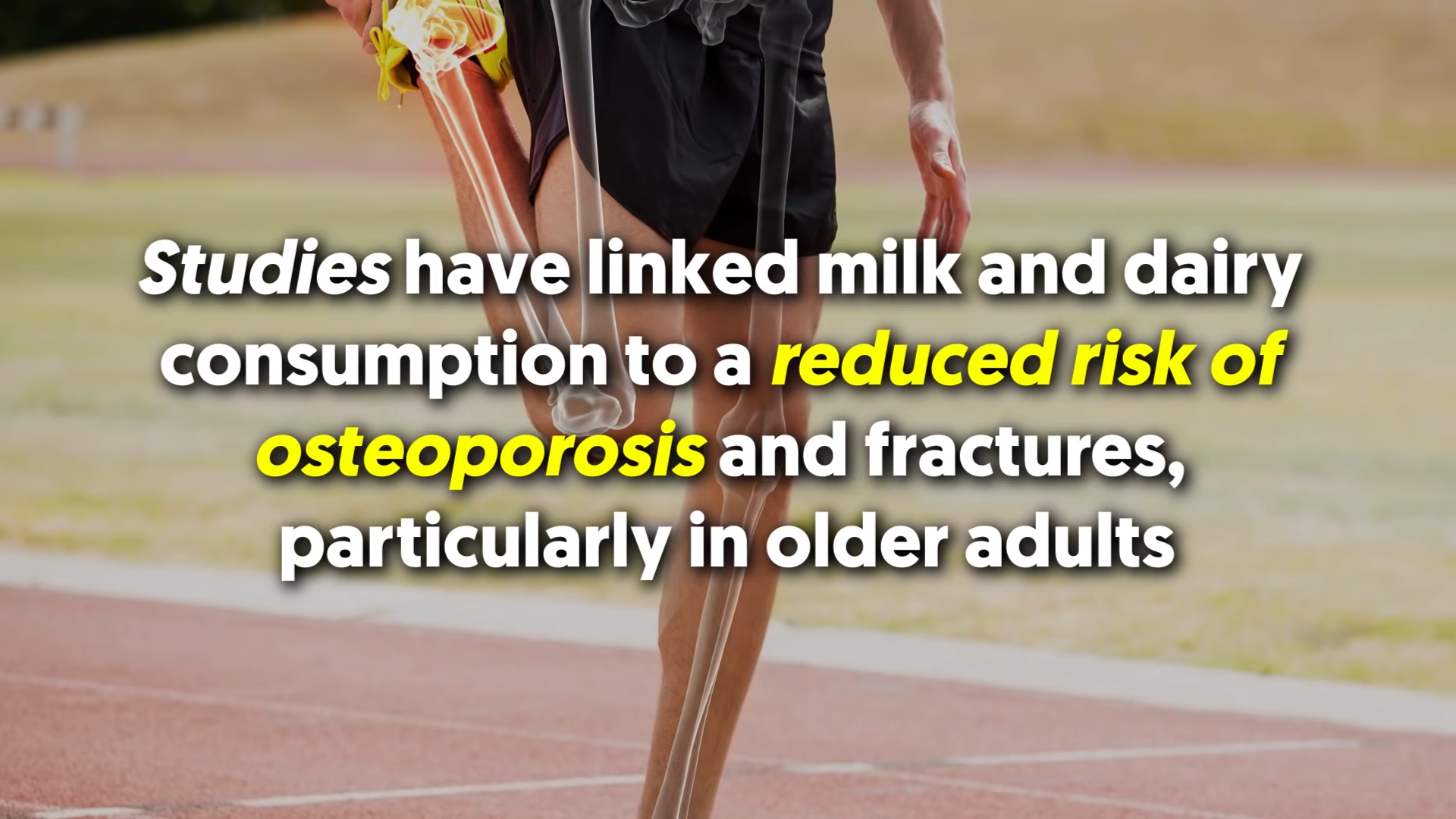Building strength in spinal bone muscles is essential for women’s overall bone health and well-being. Engaging in regular exercises that target the spine and surrounding muscles can help improve posture, reduce the risk of osteoporosis, and enhance daily functionality. Weight-bearing exercises, resistance training, and flexibility routines are particularly effective in promoting bone density and muscle strength, ensuring a robust and resilient spine.
A well-balanced diet plays a crucial role in supporting spinal bone health for women. Consuming foods rich in calcium, vitamin D, and other essential nutrients helps maintain bone density and prevent deterioration. Incorporating dairy products, leafy greens, and fortified foods, along with supplements if necessary, can significantly contribute to stronger bones. Combining proper nutrition with targeted exercises ensures comprehensive care for women’s spinal bone health.
Building strength in spinal bone muscles requires a combination of targeted exercises and proper nutrition. This guide will cover effective exercises and essential dietary choices for women’s spinal bone health.
Effective Exercises for Spinal Bone Strength
Weight-bearing exercises, resistance training, and flexibility routines are key to promoting spinal bone strength. Activities like walking, lifting weights, and practicing yoga help improve posture and reduce the risk of osteoporosis. These exercises enhance bone density and muscle strength, ensuring a robust and resilient spine for women.
Effective exercises for spinal bone strength are crucial for maintaining women’s overall health and well-being. This guide covers weight-bearing exercises, resistance training, flexibility routines, and posture improvement techniques.
1. Weight-Bearing Exercises
Weight-bearing exercises like walking, jogging, and hiking are fundamental for strengthening spinal bones. These activities force the bones to support the body’s weight, stimulating bone growth and increasing density. Incorporating weight-bearing exercises into a regular fitness routine can help women reduce the risk of osteoporosis and maintain a strong, healthy spine.
2. Resistance Training
Resistance training, including activities like weightlifting and using resistance bands, targets muscle groups that support the spine. This type of exercise not only builds muscle strength but also enhances bone density by applying stress to the bones. Consistent resistance training can improve posture and spinal stability, promoting overall skeletal health for women.
3. Flexibility Routines
Flexibility routines such as yoga and Pilates are essential for maintaining a flexible and resilient spine. These exercises enhance muscle elasticity and joint mobility, reducing the risk of injury and improving overall spinal function. Practicing flexibility routines regularly can help women maintain a strong, healthy spine while also benefiting their overall physical fitness.
4. Posture Improvement Techniques
Improving posture through specific exercises can significantly impact spinal health. Techniques such as core strengthening, back extensions, and shoulder blade squeezes help align the spine and reduce strain. By focusing on posture improvement, women can prevent spinal deformities, alleviate back pain, and enhance their overall quality of life.
Essential Dietary Choices for Bone Health
A well-balanced diet rich in calcium, vitamin D, and other essential nutrients supports spinal bone health. Consuming dairy products, leafy greens, and fortified foods helps maintain bone density and prevent deterioration. Supplements can also be beneficial if dietary intake is insufficient. Proper nutrition combined with targeted exercises ensures comprehensive care for women’s spinal bone health.
Essential dietary choices for bone health are crucial for maintaining a strong and resilient spine. This guide will cover the importance of calcium-rich foods, vitamin D sources, the benefits of leafy greens, and the role of supplements.
1. Calcium-Rich Foods
Calcium is vital for maintaining bone density and strength. Dairy products such as milk, cheese, and yogurt are excellent sources of calcium. Non-dairy options like almonds, tofu, and fortified plant-based milks also provide significant amounts. Including these foods in your diet helps ensure adequate calcium intake, which is essential for supporting spinal bone health.
2. Vitamin D Sources
Vitamin D is crucial for calcium absorption and bone health. Sun exposure is a natural way to obtain vitamin D, but dietary sources like fatty fish, egg yolks, and fortified foods are also important. For those with limited sun exposure, vitamin D supplements can be beneficial. Adequate vitamin D levels are necessary to maintain strong and healthy spinal bones.
3. Benefits of Leafy Greens
Leafy greens like spinach, kale, and collard greens are rich in calcium and other essential nutrients that support bone health. These vegetables provide additional benefits such as antioxidants and fiber, which contribute to overall well-being. Incorporating leafy greens into your diet can enhance bone density and help prevent deterioration, promoting a strong and resilient spine.
4. Role of Supplements
When dietary intake is insufficient, supplements can play a crucial role in maintaining bone health. Calcium and vitamin D supplements are commonly recommended to support bone density and strength. Consulting with a healthcare provider can help determine the appropriate supplements based on individual needs. Supplements, combined with a balanced diet, ensure comprehensive care for women’s spinal bone health.
Conclusion: Ensuring Women’s Spinal Bone Health Through Exercise and Nutrition
Building strength in spinal bone muscles is crucial for women’s overall bone health and well-being. Engaging in regular exercises that target the spine and surrounding muscles, such as weight-bearing exercises, resistance training, and flexibility routines, plays a vital role in promoting bone density and muscle strength. These activities not only improve posture but also reduce the risk of osteoporosis and enhance daily functionality.
In addition to exercise, a well-balanced diet rich in calcium, vitamin D, and other essential nutrients is essential for supporting spinal bone health. Consuming dairy products, leafy greens, and fortified foods provides the necessary nutrients to maintain bone density and prevent deterioration. For those who may not get enough through diet alone, supplements can be beneficial. By combining proper nutrition with targeted exercises, women can ensure comprehensive care for their spinal bone health, leading to stronger and more resilient bones throughout life.








